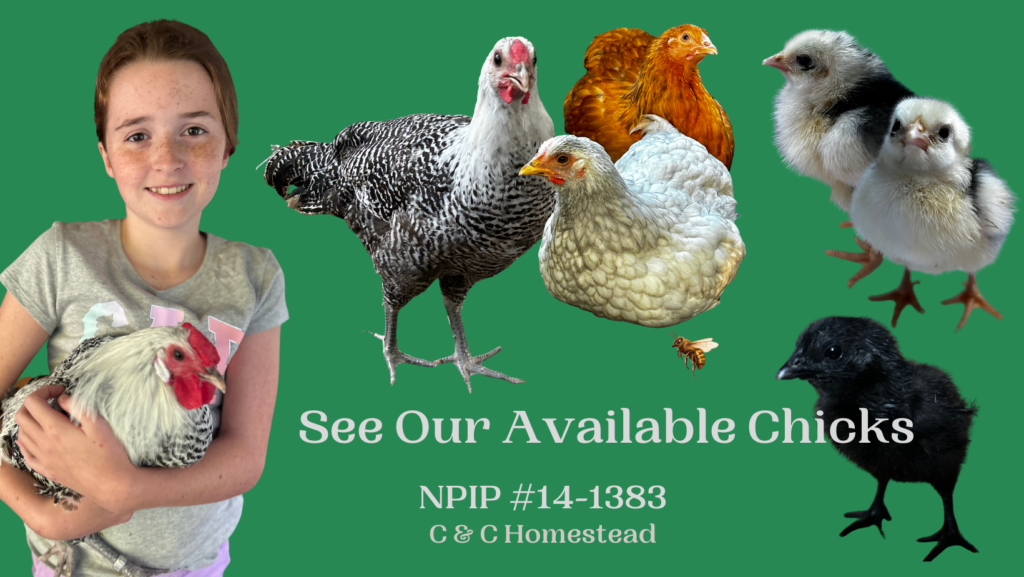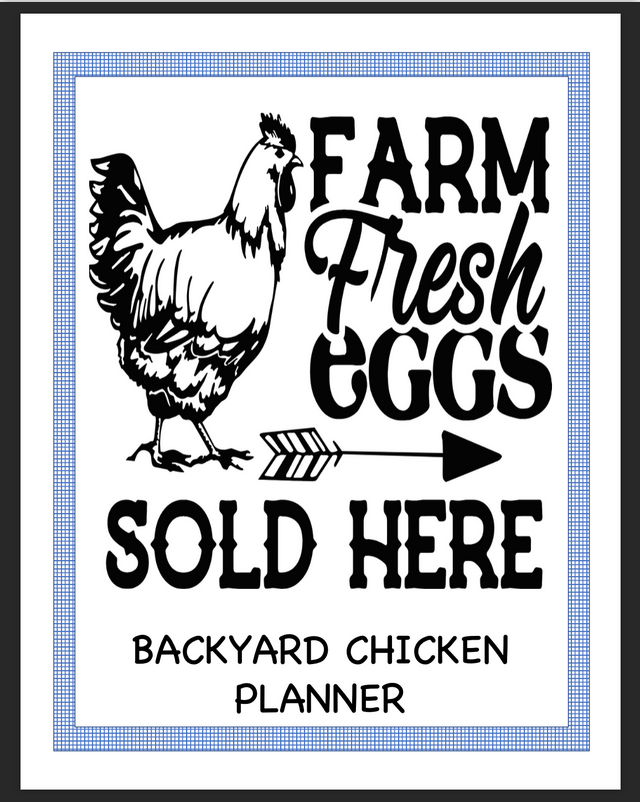Balancing Corporate & Homesteading Lifestyles
Herbs That Affect a Chicken’s Calcium Level
Certain herbs can potentially interfere with calcium absorption in chickens when fed in large quantities due to their natural chemical composition. Here’s a list of herbs that may deplete or reduce calcium availability and the reasons behind their effects:
1. Parsley
- Why it affects calcium: Parsley contains oxalic acid, a compound that binds to calcium in the digestive system, making it unavailable for absorption.
- Risk: Overconsumption can lead to calcium deficiency, which may cause issues like soft-shelled eggs in laying hens or poor bone health.
- Safe Use: Feed sparingly as an occasional treat, especially to laying hens.
2. Spinach
- Why it affects calcium: Spinach is another herb rich in oxalates, which bind to calcium and form insoluble compounds.
- Risk: Regular, excessive feeding can interfere with calcium absorption and reduce the availability of calcium for eggshell production.
- Safe Use: Offer only in small amounts as part of a varied diet.
3. Beet Greens
- Why it affects calcium: Like spinach and parsley, beet greens contain oxalates that reduce calcium absorption.
- Risk: Frequent feeding of beet greens may deplete calcium levels over time, especially in laying hens.
- Safe Use: Provide occasionally and in moderation.
4. Rhubarb Leaves
- Why it affects calcium: Rhubarb leaves are extremely high in oxalic acid and are toxic to chickens, not just because of calcium depletion but due to their overall toxicity.
- Risk: Consumption of rhubarb leaves can cause severe calcium depletion and poisoning.
- Safe Use: Avoid entirely; rhubarb leaves should never be fed to chickens.
5. Swiss Chard
- Why it affects calcium: Another leafy green containing oxalates, which bind to calcium and prevent its absorption.
- Risk: Overfeeding could lead to reduced calcium availability, impacting eggshell quality.
- Safe Use: Offer as an occasional treat, mixed with other greens.
How Oxalates Work
Oxalates are naturally occurring compounds found in many plants. When chickens consume foods high in oxalates:
- The oxalates bind with calcium in the digestive tract.
- This creates calcium oxalate, an insoluble compound that cannot be absorbed by the chicken's body.
- Over time, this can lead to calcium deficiency, especially for laying hens, as they require high amounts of calcium for eggshell production.
Calcium-Safe Herbs
If you're concerned about calcium depletion but still want to offer herbs, focus on options that don’t contain oxalates and may even support calcium absorption:
- Oregano: Immune booster and calcium-neutral.
- Thyme: Safe in moderation, promotes overall health.
- Basil: A good antioxidant-rich herb that doesn’t deplete calcium.
- Dandelion Greens: While slightly acidic, they are calcium-rich and safe in small amounts.
Conclusion
To prevent calcium depletion in chickens:
- Avoid overfeeding herbs like parsley, spinach, and beet greens that are high in oxalic acid.
- Provide a balanced diet, ensuring ample calcium sources like crushed oyster shells or limestone grit.
- Use calcium-neutral herbs to supplement their diet without risking deficiencies.
Moderation and variety are key to keeping your flock healthy and laying strong, hard-shelled eggs. 🐓🥚
So, while many herbs can be beneficial to chickens, it’s essential to monitor the amounts provided, especially with calcium-depleting herbs like parsley, spinach, and beet greens. These herbs contain oxalic acid, which can interfere with calcium absorption and potentially lead to soft-shelled eggs or calcium deficiencies if consumed in large quantities. Offering these herbs in moderation as part of a varied diet ensures your chickens can enjoy their benefits without any negative impact on their health. Always provide ample calcium sources like crushed oyster shells or limestone grit to support strong bones and eggshells. Moderation and balance are key! 🌿🐓🥚



